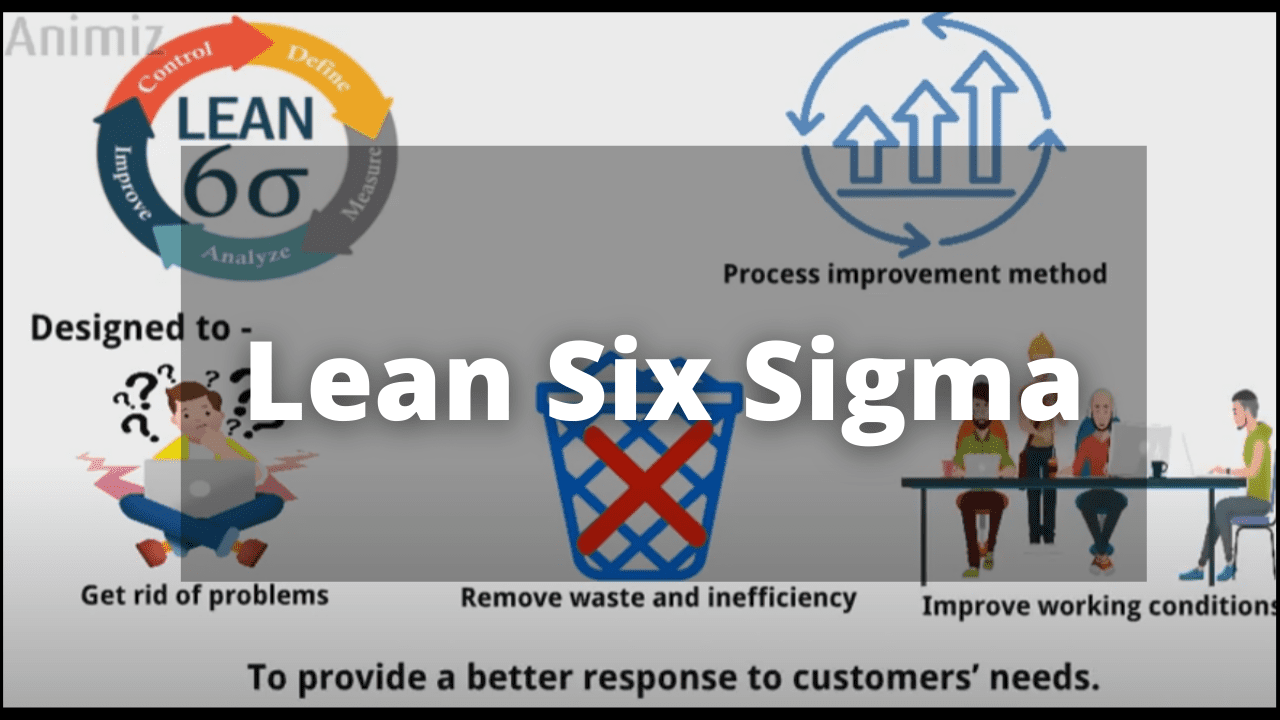What is Just-In-Time? [PDF] | Definition, Process, Benefits, Disadvantages, and Example
Just-in-time (JIT) is an inventory management approach in which goods are received from suppliers only as they are required. The main purpose of this strategy is to decrease inventory holding costs and increase inventory turnover.










